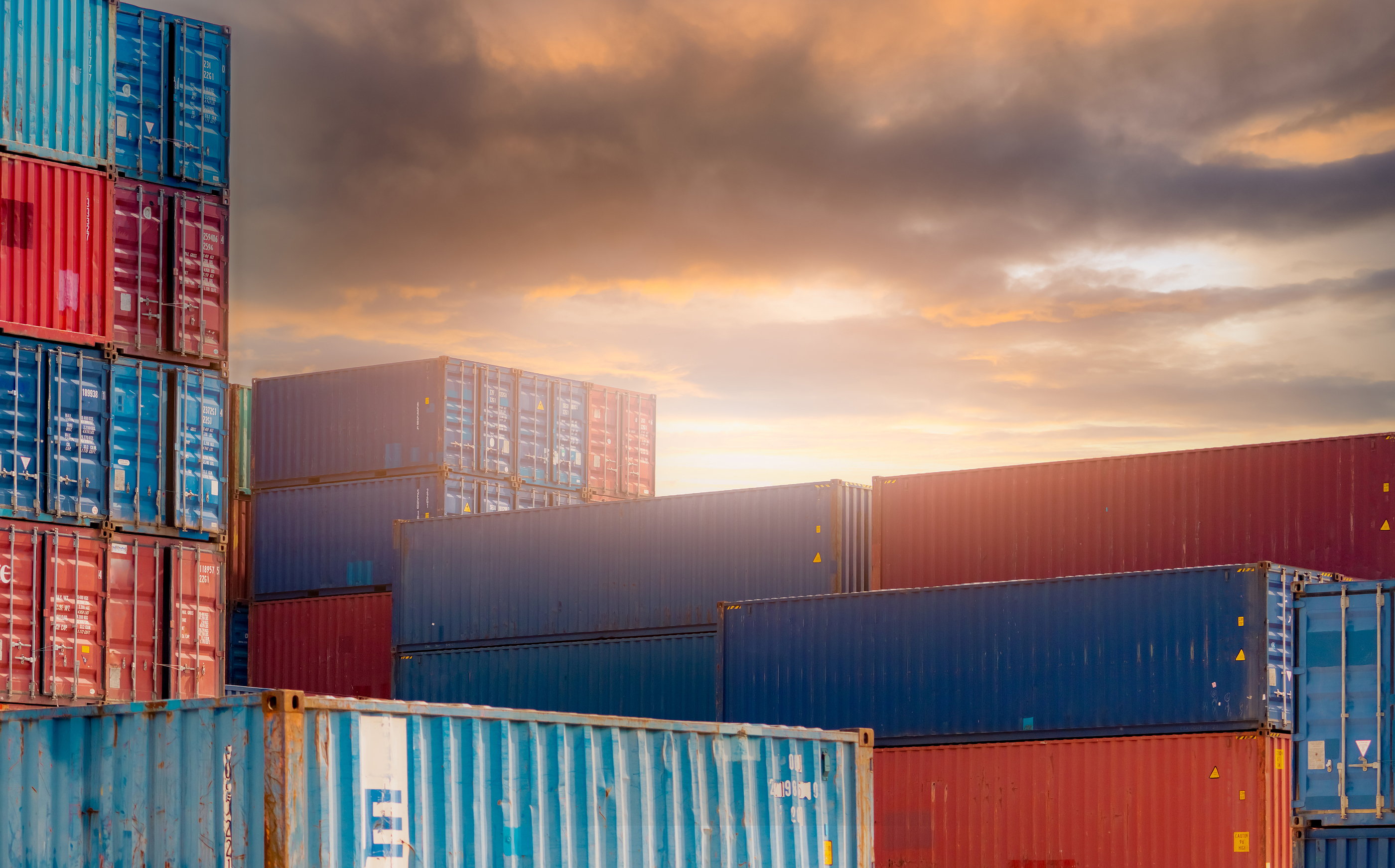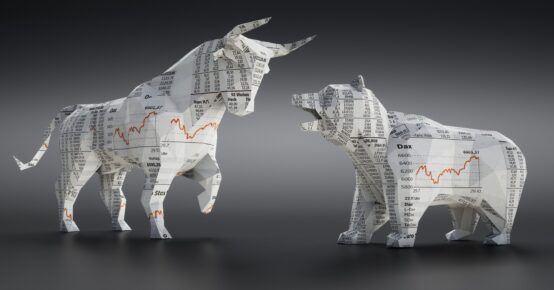Welcome to our monthly newsletter on the events affecting the financial markets and your investments.
Ukraine
As we enter the third month of the conflict, our thoughts are with all those suffering, and we continue to hope for an early resolution to end the bloodshed.
The war dominates market sentiment and has destabilised commodity and energy markets. Between them, the two countries are major producers of food, oil and natural gas and the disruption to supply chains combined with international sanctions is causing price volatility and concern.
In the past week, Russia has renewed its offensive in the east and south, while massive shipments of arms and other aid from NATO continue to bolster Ukraine’s government and support the army in the field. US Secretary of State Antony Blinken is currently in Kyiv for talks with Ukraine’s government.
Sadly, no end to the conflict is in sight.
China supply shock
China’s Zero Covid policy and draconian lockdowns have created a global supply chain crisis. Major cities, including Shanghai, a global financial and trading powerhouse and tech hub Shenzhen, have locked down entirely. One in five ships is currently stuck in port, and the trade backlog will take months to clear, leading to supply shortages worldwide. Businesses and consumers face supply disruption and rising costs, adding to global inflationary pressures.
Global growth takes a hit
The International Monetary Fund (IMF) has reported that Russia’s invasion of Ukraine has severely set back global economic prospects. The global forecast growth of real GDP is 3.6% for 2022 and 2023, respectively.
The Fed tightening & targeting inflation
Figures released in the US confirmed that the Consumer Price Index hit a 40-year high as inflation reached 8.5% in March. The indication from Federal Reserve Chair Jerome Powell is that the Fed will aggressively tackle inflation, and he confirmed that a half-point interest rate is on the table at the next meeting on May 3-4. The US will also reduce its monetary stimulus programme shrinking its balance sheet by US$95 billion a month.
One immediate impact was a rise in yields on US Treasuries. 10-years bonds are up to 2.9%, up from a low of .52%in July 2020.
Review your investments
The world economy is still battered and bruised from the pandemic. It now has to absorb a highly disruptive war and fiscal tightening by central banks. It is a clear signal that the market environment has changed, and wise investors should review their portfolios as a result.
It is a daunting environment, but where there are challenges, there are also opportunities. We are already helping our clients review and adjust their portfolios. Those with excess cash savings can avoid erosion by investing in growth opportunities that outpace inflation.
If you want to protect and grow your wealth or reposition an existing portfolio, please get in touch.












